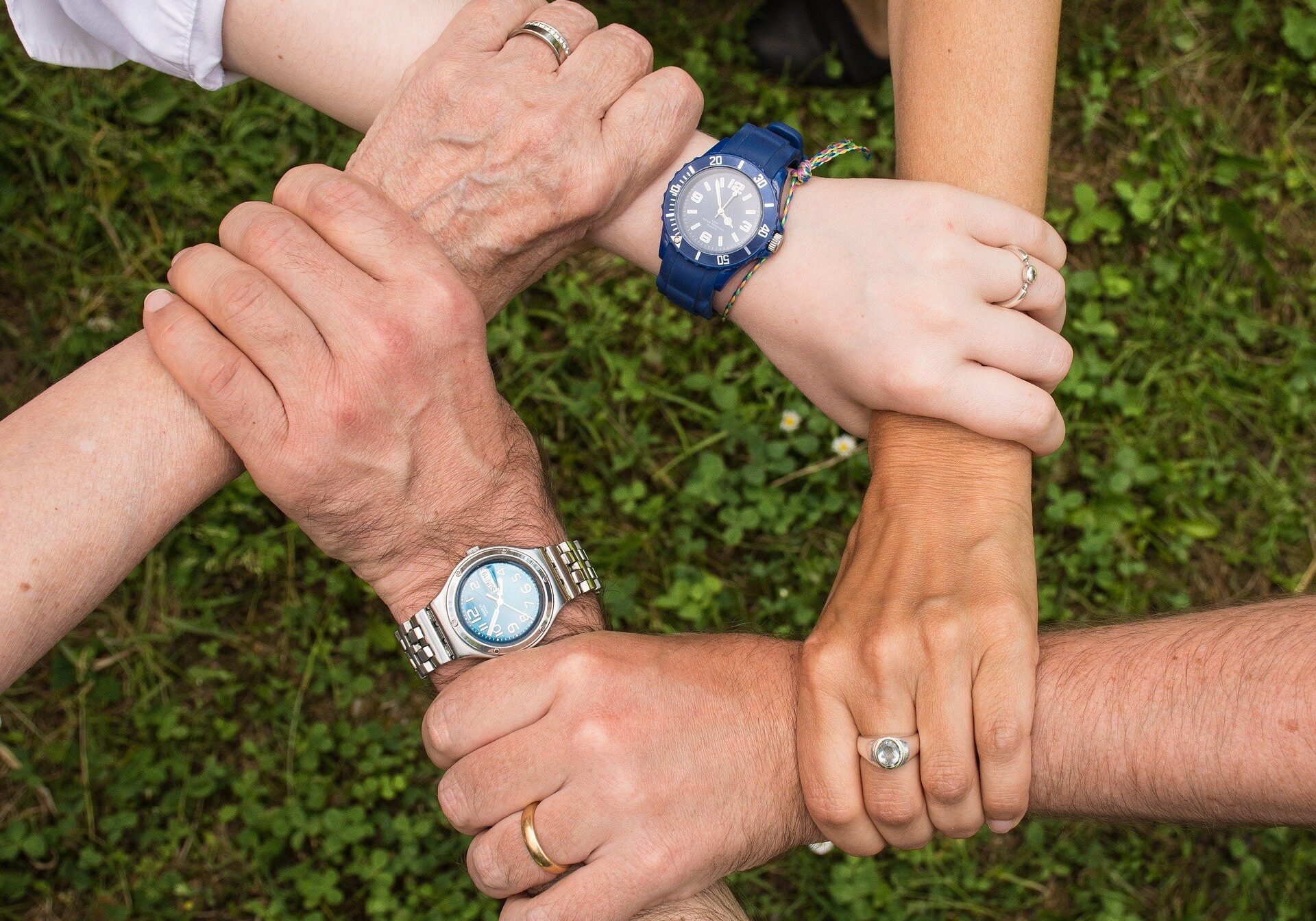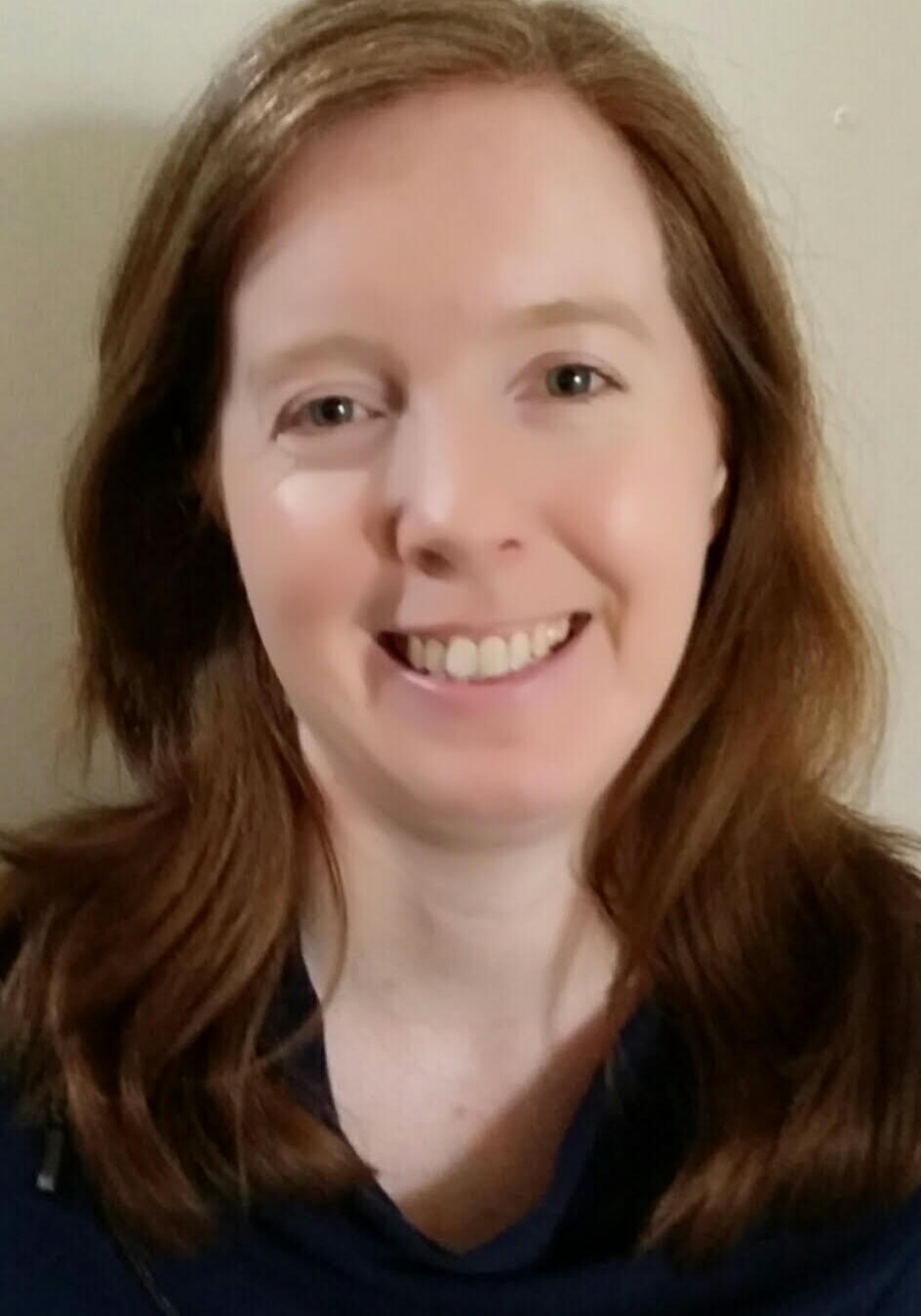Course Aims
This course aims to give you an understanding of why emotional and mental health fitness is important. Learn a range of tools which can be used personally and practiced with children. Explore how to engage children in an interactive way to learn about their mental well-being. Develop creative skills that nurture emotional and mental health fitness. Learn about resilience and its importance in lifelong coping skills. Discover how to encourage children to moderate their feelings, e.g. anger, fear. Learn how to develop assertiveness skills in children in a positive manner. Find out how to help children identify their support networks and how to access and augment them. Learn to provide children with some tools to cope with bullying and cyberbullying. Familiarise yourself with mindfulness and how to implement it into everyday life. Ultimately learn to fill your own cup and pass on these vital skills to children.

Course Structure
This course was designed for Primary School Teachers. It would also be helpful for Special Needs Assistants, Childcare Practitioners and Parents.

Certification
This course is a Professionally Certified Course as part of our CPD Village. This course has been adapted from the EPV Summer Course for Teachers approved by the Department of Education and Skills. For EPV Certificate Summer Course for Teachers >

Duration
2 Month anytime access.
"This course has refreshed my belief in investing in our emotional and mental fitness. We need to believe in our own abilities as individuals to model appropriate coping techniques for the children in our lives. The resources and information provided in this course facilitate educators of the future." Jayne
"This was a really interesting course based on the increasingly relevant topic of mental health. The resources made available were excellent and Jannah's lovely speaking voice made for very easy listening! Looking forward to putting what I have learned into practice!" Freda
"I would highly recommend this course as it is very enjoyable to do and so relevant in the current climate. The lessons are very well planned out and so not overloaded with technical jargon." Marjorie
"I thoroughly enjoyed this course. It's the first online course I have done and I thought I would find it difficult to stay engaged with it. But I engaged with it totally, finding it very practical and useful both for myself personally and for the classroom. I would strongly recommend this course as an introduction to the whole area of Mental Health fitness." Marie
"I found this course very useful both professionally and personally and would highly recommend Anokha Learning courses to anybody." Claire
"This course was truly fantastic - it covered everything from students' mental health to teachers' mental health as well as excellent examples of lessons to try in the classroom. I'd highly recommend it!" Mary
"I would highly recommend the course on Emotional and Mental Health Fitness. In a rapidly changing challenging world it is important now more than ever that we equip children to deal with difficult emotions whilst also taking care of our own well-being. The course provided a wealth of resources including a Coronavirus Resilience Resource Book." Deirdre
Course Modules
What is Emotional and Mental Health Fitness? Why is it important? Why start at a young age? Importance and relevance of a teacher’s role in good mental health development. Building resilience. Differences for boys and girls. Identify the qualities of a mentally fit person.
Coping skills. Positive and negative self-talk. Using creativity to manage and express emotions. Physical fitness to help mental fitness. How to cope well with teasing and bullying. Strategies to cope with cyberbullying. Support networks. Building a personal toolbox – music, writing, art, friends, family, games, etc.
Introduction to feelings. Building knowledge of the range of emotions & how they interact. Mental well-being versus mental problems or issues. Learn why it is important to be able to name feelings. Stress: How to recognise it, its effect on us and how to deal with it.
Why mindfulness? Introduction to its benefits and relevance to everyday life. Learn mindfulness skills to teach and use in the classroom. Accumulating positive experiences in the long term. Knowing when to get help and where to go. Recap and conclude.
Good clear communication. Understanding passive, aggressive and assertive communication styles. Learning good communication skills. Challenges to being assertive. Managing anger (personally and in the classroom). Learn how to stay calm.
About Jannah Walshe
Jannah is a fully trained and qualified psychotherapist.
Janna’s primary degree is in psychology from Middlesex University in London. She then made the move into counselling, completing a graduate certificate course in person-centred counselling from Thames Valley University in London. Shortly after making the move back to Ireland she completed a postgraduate course in psychotherapy in The Tivoli Institute. She is an accredited member of the Irish Association of Counselling and Psychotherapy. Jannah is a practicing psychotherapist. She also writes for various publications and runs courses and workshops.

